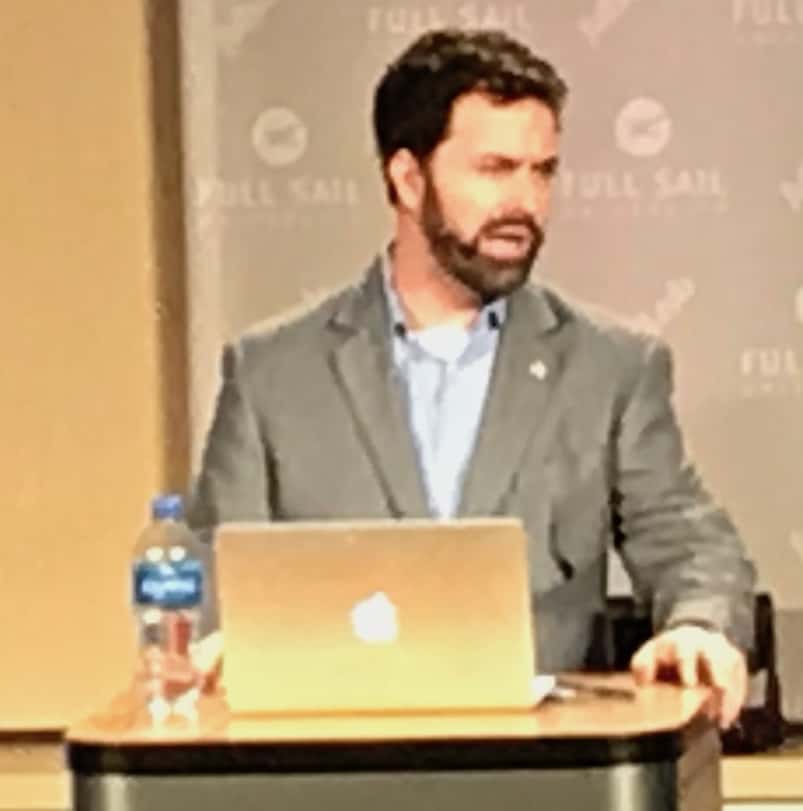There are critics everywhere I look these days. It seems that everyone is an expert. Especially online. And there are a lot of things that these so-called experts spew about. If you don’t believe me, Google your favorite restaurant – the awesome spot where they know you because you go so often. The place that has that special dish you always seem to order even though you convince yourself that this time you will order something new! The place you think is the best – nothing can top it. It is your restaurant, after all! Google it and see what the reviews say.

Prepare to be shocked.
There are countless websites out there that review different restaurants. But, they are all more or less the same. People sign up for a login name and fill out some other basic info and, just like that, they are an expert restaurant reviewer. They are free to write about whatever and whomever they would like.
And I bet that as you look at reviews of your favorite restaurant, you will be astonished. That favorite dish of yours? Someone will write a review that somehow proves it’s terrible because such-and-such café down the street makes a way better one. The awesome staff there that made the effort to get to know you? Well, actually, they are horrible people who give bad service and are inattentive. The best restaurant in the area, you say? Hardly, says someone online. They will review the place and call it one of the worst they have ever eaten at. How can you possibly think that the food is good?
It turns out that everyone is a critic these days. But, a major part of The Creator Mindset is asking a lot of questions; to exercise a part of your brain that hasn’t been worked out in a while. When we read a review, we tend to accept it. We acknowledge it. We think that since someone wrote it down, it must be true.

It turns out that we are so good with the analytical side of our thinking that we hardly use our creative side. There is no creativity unless things are challenged, questioned, asked about. Just reading a review shouldn’t count as truth. We should ask who, exactly, is doing the reviewing. And moreover – is the critique relevant to you personally? Tastes are so private and personal and change so often that it is just about impossible to take some stranger’s word. Especially online. But, even in the real world, there are things that I think are great and my wife does not … for instance, documentary movies and Chinese food. I’m sure you have differences of tastes with the ones you love, too.
The truth is that restaurants are like most things in life – they appeal to different people at different times in their lives. If you were to tell me what my top restaurant choices are today, only five or 10 years ago, I would laugh and tell you how horrible these places are and how the food is downright terrible. But, my palate has changed. Matured, if you will. And also, what I look for in a restaurant today is certainly not what I looked for five or 10 years ago. Why?
Because things change. People change. Tastes change. Values change. Perceptions change. Today, I have a young son, and the idea of sitting through a seven-course meal at some place I loved five years ago seems downright laughable.
I wonder how many people who review restaurants on these websites have ever worked in one. Because I have – for many years. And if you have, too, you will know that the next sentence is very true: It is hard, hard work. Brutal even. It’s hot. It’s stressful. Customers give a new name to hangry when their food is wrong or cold or the other countless things that can go wrong in the food service business. But, as you have figured out already, this article is not really about restaurants. It is about how the opinions of the mob have turned into an acceptable way to think. This mob mentality is the opposite of The Creator Mindset. It’s almost as if we allow someone else to do our thinking for us. Modernity has brought on countless blessings, but giving away our opinions simply because it’s easier to adopt someone else’s is silly.
The worship of this so-called “expert” has gone too far. It only serves to take away our freedom to choose. We think that we are hedging our bet by reading online reviews before we try this or that new restaurant. Or try this or that new product or service. But, what we are actually doing is putting our hands in the fate of a so-called expert who doesn’t really exist.
That’s why reading review after review online actually makes us depressed. We think it will make us more informed, but the opposite is true. It’s because someone who doesn’t know you or me and has never met us is given the power of becoming a source of unquestioned wisdom. It’s frustrating. And it kills our ability to decide for ourselves. Instead, reclaim this misplaced authority.
We need to accept some degree of uncertainty and actually go out and try something new. Trust me, it won’t be as bad as you think. Because no matter what the review says – good or bad – it’s how you experience your story that matters most.

Nir Bashan is an executive creative director/managing director with over 19 years of advertising, entertainment and business development experience. He helps teach folks in non-creative fields how to think creatively to solve problems. He leads workshops and lectures on topics relating to The Creator Mindset. McGraw-Hill is publishing a book on The Creator Mindset that will be released in 2020. http://www.nirbashan.com/


